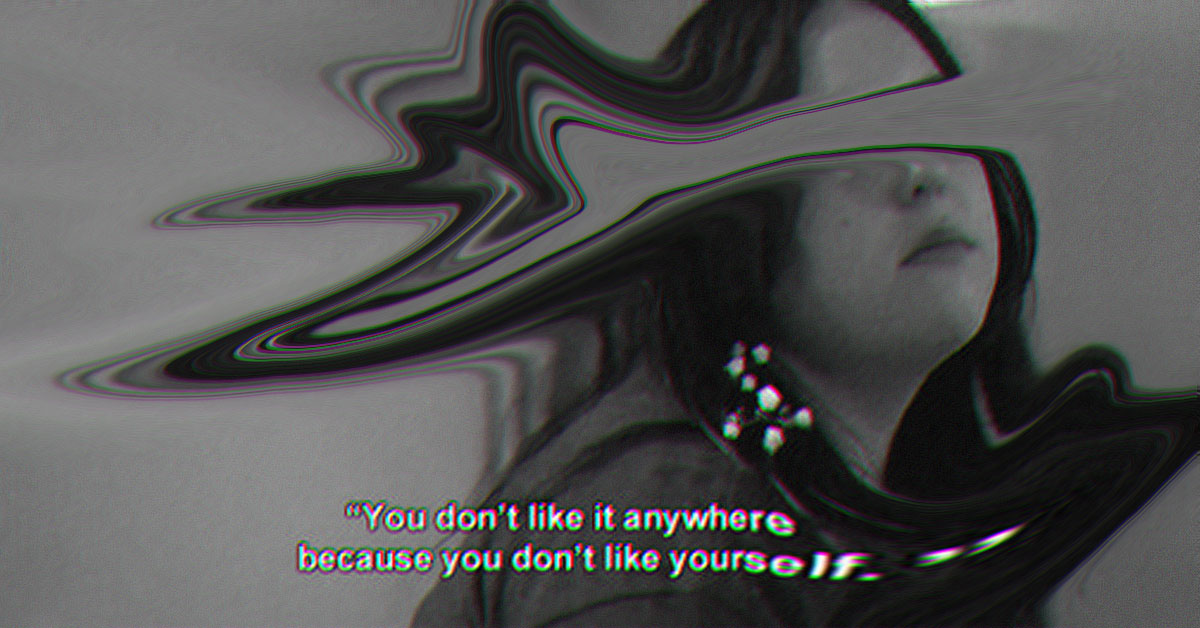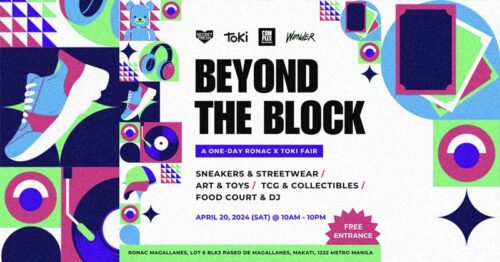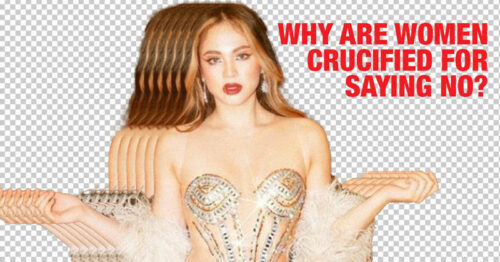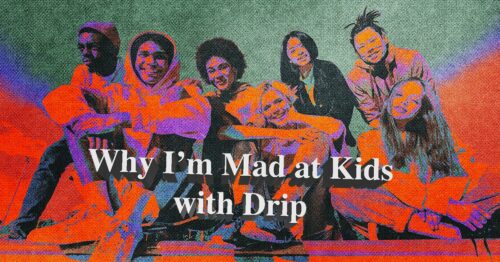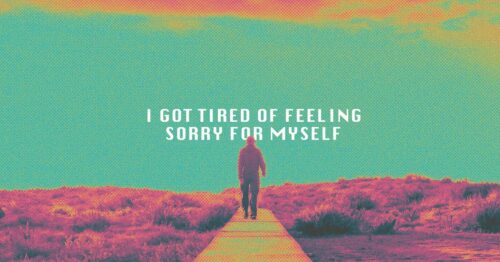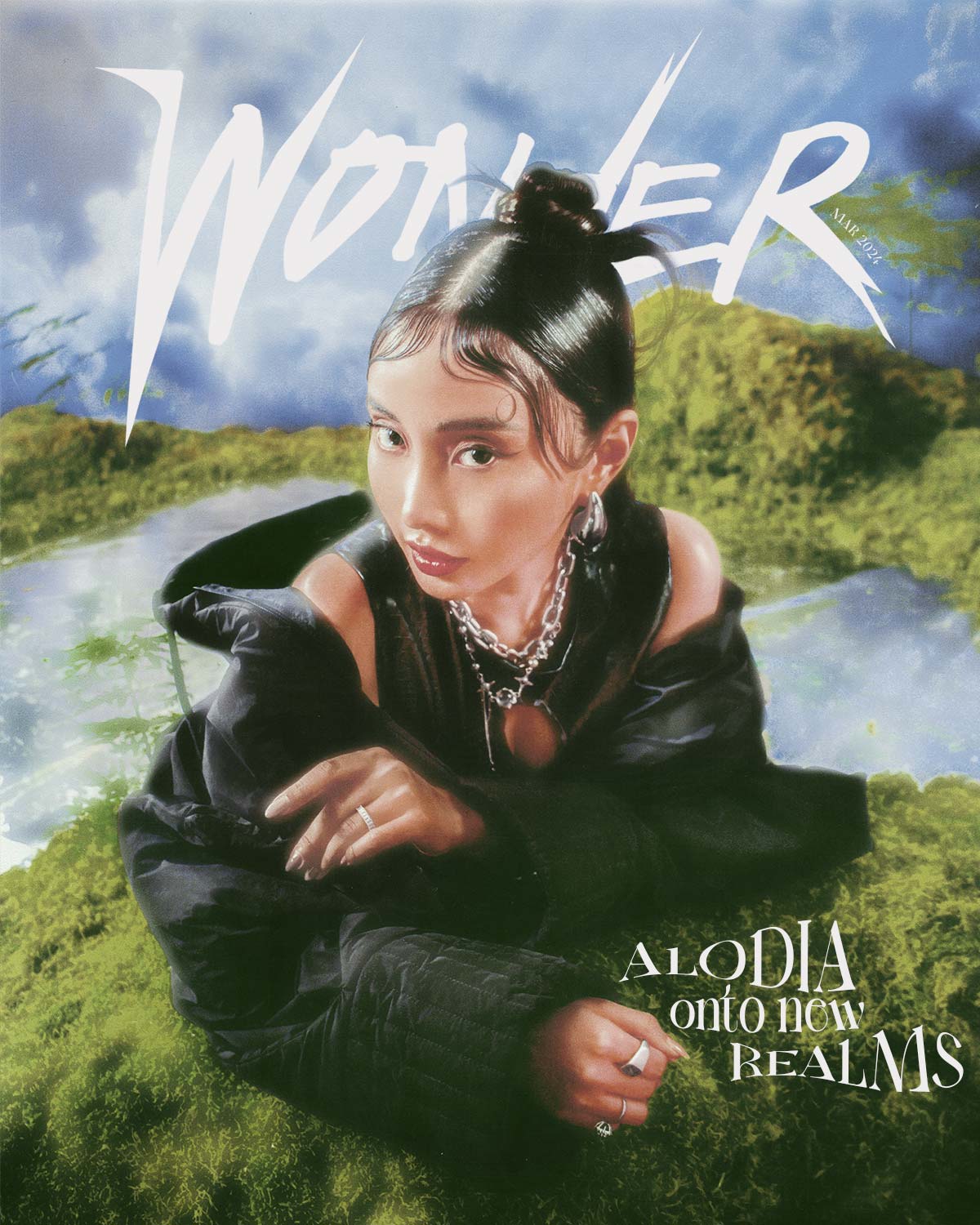Let’s acknowledge progress, but no hashtag can carry the real weight of this advocacy
“Skinny is magic.” It is, at least, to Insatiable, a 2018 Netflix series that caused outrage prior to its release due to its potentially destructive fat-shaming stereotypes and loss of body positivity. It isn’t.
I lost 15 pounds in three months; I found that I finally had the same weight I did in university. This weight loss coincided with a particular juncture in my career. When I resigned from my four-year corporate job transitioning to freelance, I suffered from depression and anxiety (I still do). Everything I knew for years—stability, routine, community—was gone and I could no longer pin my purpose on this big thing. I would cry every day. I would sleep long hours hoping that when I woke up, the deep, numbing emptiness would go away. It got so alarming that I even had to seek professional help. My psychiatrist, a kind man in his 50’s who had the gentlest demeanor, suggested that I needed a structure in my day, so I started going to the gym close to home. I am not exaggerating, it changed my life.
“There’s much to be said when it comes to staying relevant in one of the most vicious industries which, literally, gauges one’s worth on appearance.”
RELATED: The Elusive Pursuit of Happiness: Why You Can’t Just Tell People To “Look on the Bright Side
Working out saved me from me. If it was the only thing I accomplished, I was content. After years of wearing loose clothing to hide my flaws and turtlenecks to cover my arms, I found freedom. After a few months, I stopped going—not because I was lazy, but because I didn’t have the money for it. The weight loss happened, but did it bring me lasting contentment? No it didn’t. Half a year later, seeing myself in the mirror reminds me: bakit ka nagpabaya?
There’s much to be said when it comes to staying relevant in one of the most vicious industries which, literally, gauges one’s worth on appearance. Vogue recently published a video series on the reality of long-lasting trauma inflicted on models. 20-year-old Aiden Curtiss shared, “A couple of weeks before my first season started, my ex-boyfriend and I got in a giant fight. I [kind of] went to this really, really low place where I just couldn't eat. When I went to my agency and took digitals, I got all these options. It was when I was like, the sickest I’ve ever been.”
A month ago, Barbara Palvin made headlines when she was named the first “plus-size model”—at 121 pounds, mind you—to receive the coveted Victoria’s Secret Angel status sparking debate (and fury) online vis-à-vis the industry’s notoriously narrow body ideal. This unearthed a callous statement from VS’ Chief Marketing Officer Ed Razek in 2018. He was quoted saying there is no place for transgender and plus-size models on the runway to retain the “fantasy factor” of the hour-long spectacle.
In local news, SkinWhite’s controversial “advocacy” campaign features blackface—have we not learned?—perpetuating colorism in a country where lightening products have become the norm. You’re beautiful, no matter what they say…but please use our whitening product. This contrasts a mysterious billboard on the long stretch of EDSA which says, “Maputi lang, maganda na. Unfair, ‘di ba?” This directs to a website where you can anonymously share your thoughts on the matter.
Dark or White. You Are Beautiful #DarkorWhiteisBeautiful pic.twitter.com/FmqaCGykaI
— SkinWhite (@SkinWhitePH) April 3, 2019
But yes, there is good. I won’t deny that. This week alone presented two fashion collaborations for the curvy woman. Beauty mogul and Fenty Beauty’s global make-up artist Priscilla Ono created a capsule collection with plus-size fashion brand Eloquii featuring trendy, bold-colored pieces. Universal Standard, a direct-to-consumer women’s clothing business, and fashion powerhouse Rodarte unveiled an inclusive collection with an expansive size spectrum from 00 to 40—the first of its kind.
With the global uprising of the body positivity movement, social media platforms such as Instagram have been greatly utilized to create an ongoing dialogue. British actress and longtime activist Jameela Jamil is aggressively vocal online about the body shaming culture, from pointing out parallel ageism between men and women to refusing publications from AirBrushing any of her photos calling it “a crime against women.” She created I Weigh, an online community to revolutionize against shame.
But there is also that unattainable “Instagram model” ideal which has penetrated our way of thinking. It’s 2019 and “selfie dysmorphia” is actually a thing. This merciless pursuit for perfection is a phenomenon where people take extreme measures by requesting medical procedures to resemble their digital filtered selves. Here’s the thing, nobody just wakes up completely unaffected by (unattainable) societal beauty standards and influential media.
It’s been a month since I opened AirBrush; I’m this close to actually deleting it. When I get comments about how “good” my skin is, I'm sorry to say that I'm wearing makeup in every photo I publish on social media, have specifically searched for flattering light and have AirBrushed my skin to perfection. Doctoring my appearance with the aid of technology is a sacred ritual that no longer bothers me, when it really should.
So, what’s next for the ever-evolving body positivity movement? It boils down to responsible consumption. Marie Kondo your feed and be aware of what incites your poor view of the self. #EffYourBeautyStandards popularized by model Tess Holiday and #MagandangMorenx by Filipino-American actress-YouTuber Asia Jackson are examples of powerful body positivity hashtags to explore. Actor-comedian Celeste Barber parodies celebrity shoots with real-life reenactments. The Atlas of Beauty showcases real women all over the globe without any element of contrived body positivity; it presents diversity in the simplest sense. See how this changes your internal conversation.
RELATED: Getting Older Has Made Me Wiser But Surprisingly Less Confident
I’ve personally veered away from viewing my Instagram Explore Page, a place where it’s easy to breed insecurity and discontent, and have limited my following, prohibiting myself from following #Influencers. Am I proud of this fact? No, but it works for me. At the same time, beauty is so subjective that we can’t put it in a box and limit it—so no, if your daily routine calls for Papaya Soap, you do you. It’s easier said than done, but this is a good place to start from.
I plead with you to link your identity to something bigger. Let’s face it, when you take away the powerful hashtags. It still revolves around this emphasis: body image and analysis. Coursing through life from that point of self-objectification, regardless of the intent, is such a crippling way to live—no matter what anybody else says. So tomorrow, I might just delete AirBrush but for now, it’s staying; we’ll eventually get there.
Art Alexandra Lara


